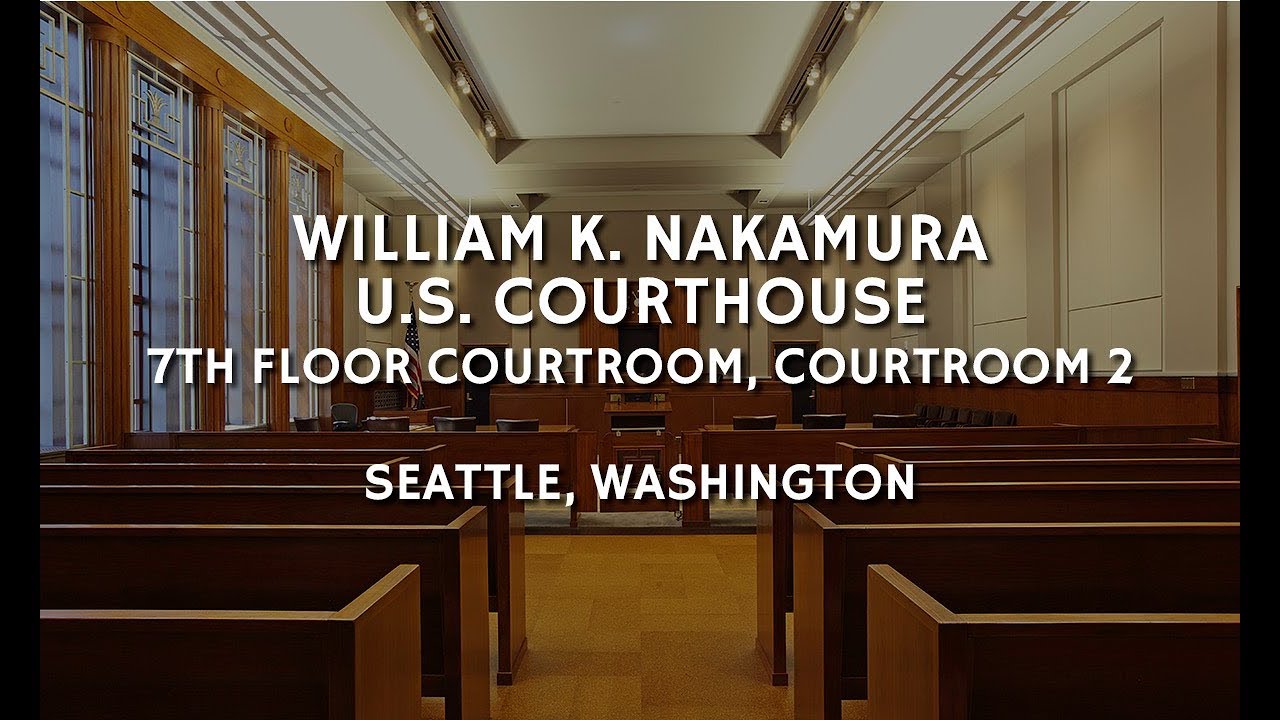As I mentioned several months ago, the .nz ccTLD registry Domain Name Commission is taking legal action against several companies that have been harvesting whois data for years. They were granted a preliminary injunction and were in court in person a few days ago. You can watch the legal pleadings from both sides in the video below:
Personally I find the arguments from Domain Tools to be intellectually offensive. Their legal counsel is paid to defend their interests, so I understand why they would do their utmost to defend their business model. However a lot of what Domain Tools asserts is both completely self-serving and not based on any basis in policy or any respect of privacy laws.
For example, Domain Tools asserted more than once that their methodology of harvesting data was legitimate and were clearly upset when the New Zealanders likened them to hackers. Yet, for those of us who offer whois services DT and others have been working around rate limits and other restrictions for years.
The legal pleadings from the .nz registry side makes it quite clear how Domain Tools’ actions are viewed as highly problematic.
This fight is far from over and I wouldn’t be surprised if .nz (and others) started going after other companies that had been repackaging whois data without consent.

“However a lot of what Domain Tools asserts is both completely self-serving and not based on any basis in policy or any respect of privacy laws.”
The case doesn’t have anything to do with “policy” or “privacy laws”, so why would the argument on appeal of a preliminary injunction of a contract claim address things that are totally irrelevant to why these parties are before this court?
Whose “privacy laws” would you normally expect a US court to care about?
I mean, sure, the arguments are also not based on the Magna Carta, The Treaty of Versaille, Vatican II, or the Torah. But that’s not how US appeal courts work.
John
DT’s legal counsel makes multiple assertions about whois as if they were accepted policy, or, if you prefer, fact, when they aren’t. That’s why I mentioned it.
Thanks for your comment
Michele